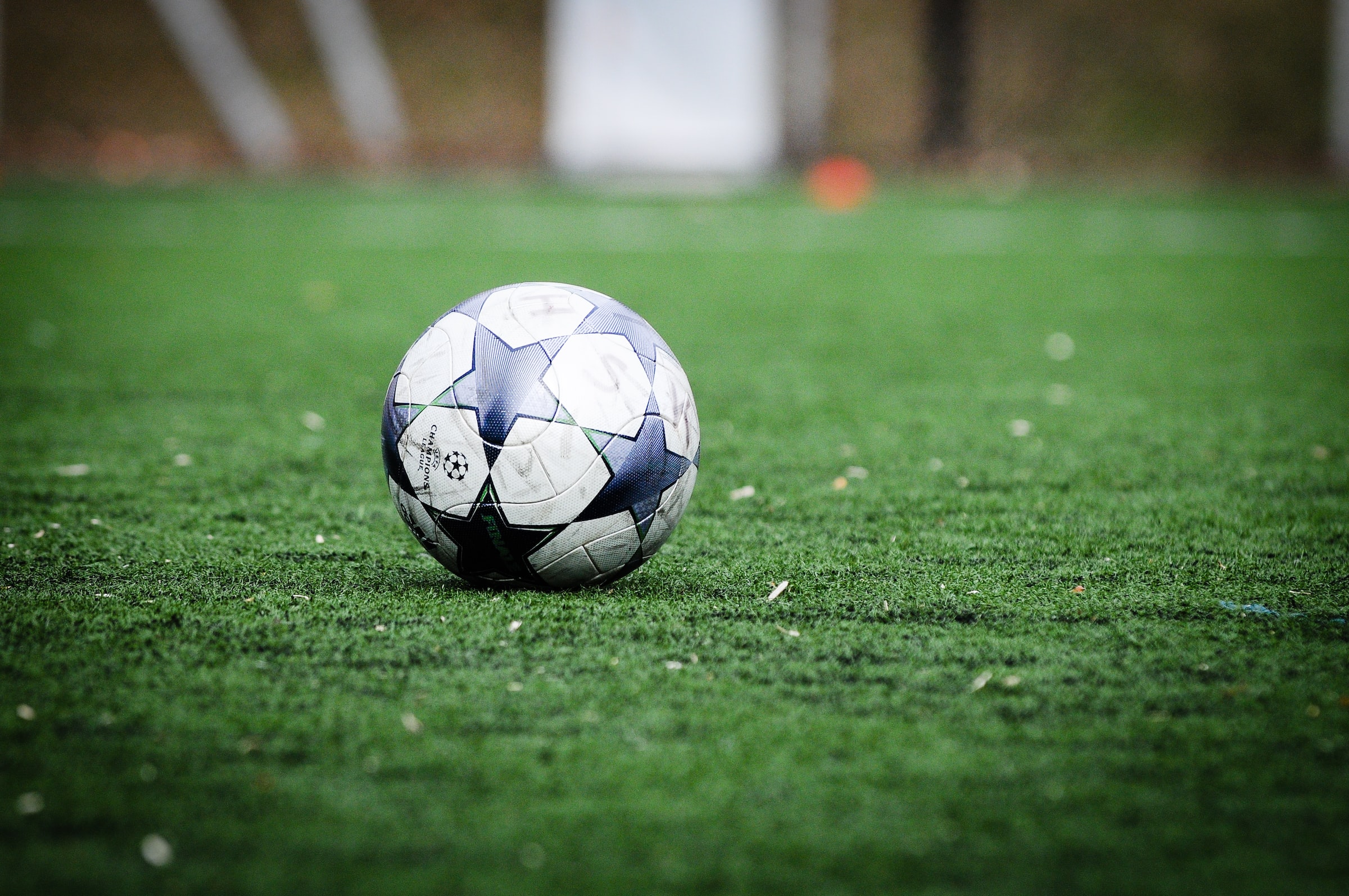
As amateur sport comes to a standstill again, sport writer Jasper Watkin shares how playing football has been crucial to his well-being over recent months
There is little that can excite me more than the prospect of kicking a football around a small pitch on a rainy winter night. Heavy tackles, little fitness, and a poor, if any, referee.
Since the ease of lockdown, the role of six-a-side football in my life has grown exponentially. Nothing has provided me the escape I have found for that one hour with what is often 11 strangers on a skiddy artificial pitch somewhere in Birmingham. There is no question that we all miss going to the football, seeing professional football in the flesh is an unrivalled visceral experience at its best. Nevertheless, the ever-more accessible chance to play and experience the emotions of a game down the road in the rain is one I struggle to turn down.
Cardiovascular exercise one of the best ways to get healthier, in every sense of the word
This is largely and maybe obviously down to the unavoidable denial of social interaction we have faced, and with the exemption of organised sport from Prime Minister Boris Johnson’s restrictions during the first few weeks of term; amateur ballers are quids in. The escape that can be provided is crucial – cardiovascular exercise one of the best ways to get healthier, in every sense of the word. The mental health and wellness benefits of doing what you love with like-minded people makes small-sided football a great weapon against the struggle of these pandemic times we face.
As I write this, I am watching the PM announce new measures for the sequel that nobody wanted, Lockdown two. Football is banned, Christmas might be cancelled, the end is nigh.
I know how valuable sport and connection with others can be for those at their lowest
We can already see a worrying direction of the statistics regarding grassroots and recreational sport, with Sport England finding that the activity levels of those between the age of 16 and 34 fell by 265,000 in 2019. Therefore, the damage that the first lockdown did to grassroots sports for all ages was evidence of the need to avoid a second full-scale lockdown – to which we have failed. The importance of playing football with mates for many people who may live alone, have a vital or stressful job or be struggling with their mental health in the midst of what we are experiencing, cannot be understated. It was found that male suicide rates hit their highest for 20 years in September, and I know how valuable sport and connection with others can be for those at their lowest.
There is a great app, which I have used frequently in the last few months, which connects these people – Footy Addicts. You simply create an account; search your location and you find tons of football to play. The app is in operation all over some major European cities and just hit Birmingham last year. The second city, in particular, has been flooded with football recently with multiple games a day in some cases, all over the city, connecting so many different people in a time where we could feel furthest from each other.
I began writing this with the excitement of playing so much football on the astroturf pitches filling my mind, but recent announcements have put that joy on the back burner. However, that feeling has only accentuated for me the importance of playing so much, exercising, and playing a game I and so many others love. So, until we can play again, I best get practising kick-ups with toilet rolls and other household items for the inevitable lockdown-Instagram challenges.
Like this? Check out more from Redbrick Sport:
Absurd Six Nations Comes to Stuttering Conclusion
Project Big Picture: Necessary Revolution or Big Six Power Grab?
Comments